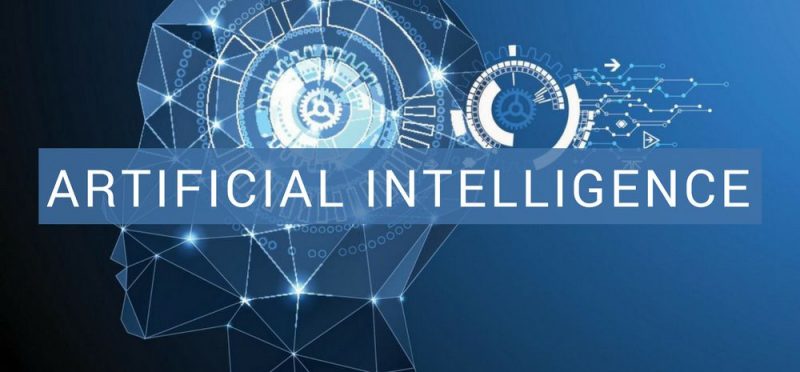The Promise of AI in Nigeria: Empowering Youth for Economic Transformation
Nigeria stands on the cusp of a technological revolution, poised to harness the transformative power of artificial intelligence (AI) to propel its economy forward. A study by Public First projects a staggering $15 billion addition to the Nigerian economy by 2030, driven by the integration of AI across various sectors. This optimistic forecast hinges on a crucial factor: empowering Nigerian youth with the skills and knowledge needed to navigate and shape this burgeoning technological landscape. Victor Benjamin, the West/South-South Director for Young Professionals for Tinubu, emphasizes that young Nigerians will be the primary drivers of this AI-powered economic growth. He argues that contrary to popular fears, AI will not eliminate jobs but rather create new and diverse opportunities across a wide range of industries. The key, he asserts, lies in equipping young Nigerians with the requisite skills to capitalize on these emerging prospects.
Benjamin highlights the multifaceted impact of AI across various sectors, demonstrating its potential to revolutionize traditional industries and create entirely new fields. In finance, AI is already enhancing fraud detection and promoting financial inclusion, making financial services more accessible to a broader segment of the population. In agriculture, AI-powered tools offer the promise of increased efficiency and productivity through weather prediction, optimized irrigation, and enhanced crop yields. Moreover, AI is empowering Nigerian creatives in the film, music, and content creation industries, enabling them to compete on a global scale. These are not mere hypothetical projections, but concrete examples of AI’s current impact on the Nigerian economy, with the potential for further expansion and job creation. The challenge, according to Benjamin, is to ensure that young Nigerians are equipped with the necessary skills to lead these evolving industries.
To address this challenge, Benjamin’s organization has launched the 3 Million Technical Talent (3MTT) program, an ambitious initiative aimed at training millions of young Nigerians in critical technical fields, including AI, cybersecurity, cloud computing, and software development. This comprehensive training program seeks to equip young people with the skills needed to thrive in the digital economy, positioning them to become active participants and innovators in the AI revolution. Complementing this program is the National AI Strategy Framework, a structured approach to AI development that encompasses policy, ethics, research, and industry collaboration. This framework provides a roadmap for responsible and sustainable AI development in Nigeria, ensuring that its benefits are widely shared and contribute to overall economic growth and societal well-being.
Furthermore, government-backed funding for AI startups plays a crucial role in fostering innovation and entrepreneurship in the AI sector. By providing access to capital, these initiatives empower young Nigerian entrepreneurs to develop homegrown AI solutions tailored to the specific needs and challenges of the Nigerian context. Benjamin believes that through the strategic implementation of these programs and initiatives, Nigeria has the potential to become Africa’s leading hub for AI development, innovation, and employment. He emphasizes the importance of a collaborative approach, involving government, industry, and young people, to fully realize the transformative potential of AI.
Benjamin issues a call to action to young Nigerians, urging them to seize the opportunities presented by these training programs and actively prepare themselves for the future of work. He emphasizes that the responsibility for driving AI-powered economic growth rests squarely on the shoulders of young Nigerians who are willing to embrace learning, innovation, and ownership of the nation’s digital future. The government has laid the groundwork by creating the necessary roadmap and programs, and now it is up to young people to step up and engage, seizing the opportunities available through training programs, startup funding, and AI innovation hubs. Benjamin emphasizes that the world is watching Nigeria, and with strategic action, the nation can not only participate in the AI revolution but also lead the way in shaping its trajectory.
The $15 billion projected economic boost from AI by 2030 represents a significant opportunity for Nigeria to transform its economy and improve the lives of its citizens. However, realizing this potential requires a concerted effort to equip young Nigerians with the skills and knowledge necessary to navigate the complexities of the digital age. Through targeted training programs, strategic government policies, and fostering innovation and entrepreneurship, Nigeria can unlock the transformative power of AI and position itself as a leader in the global AI landscape. The future, as Benjamin emphasizes, is in the hands of young Nigerians, who have the potential to shape a brighter future powered by technological advancement and innovation.


